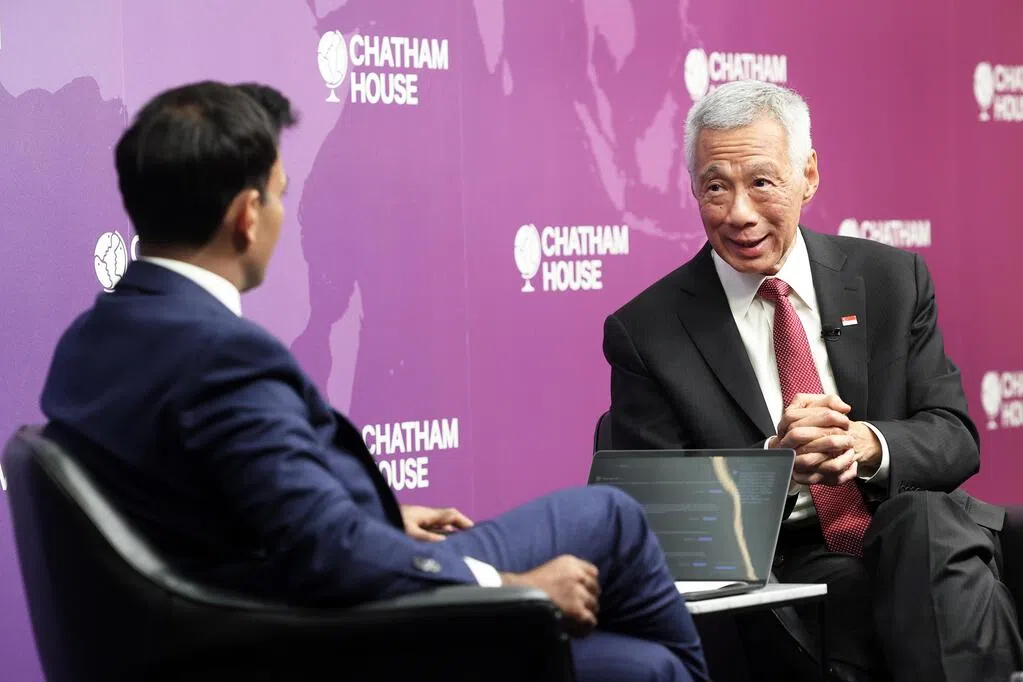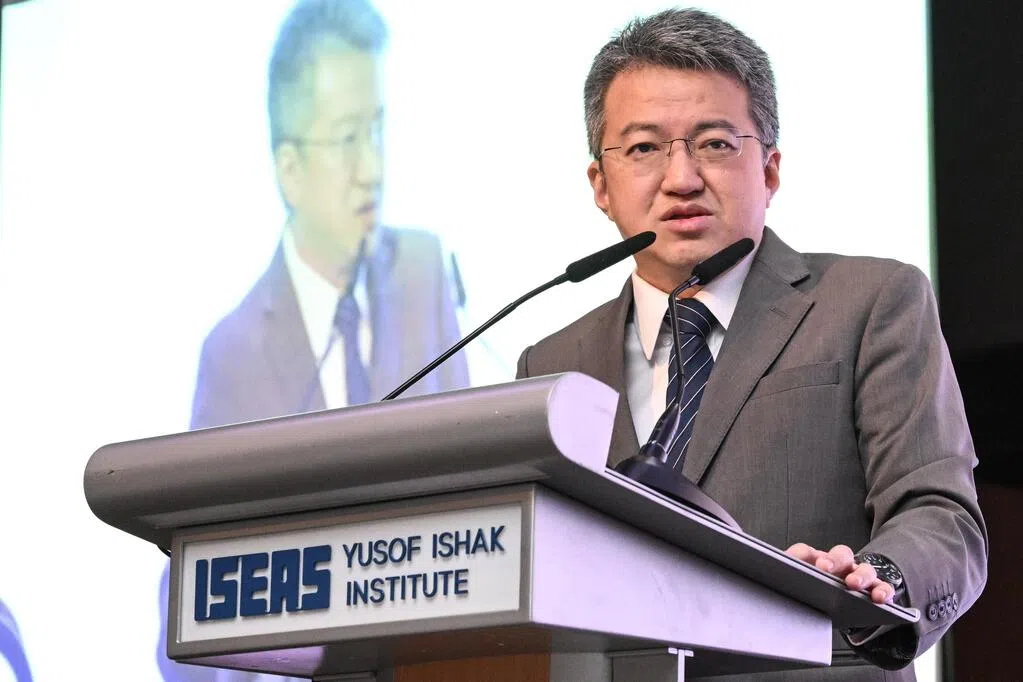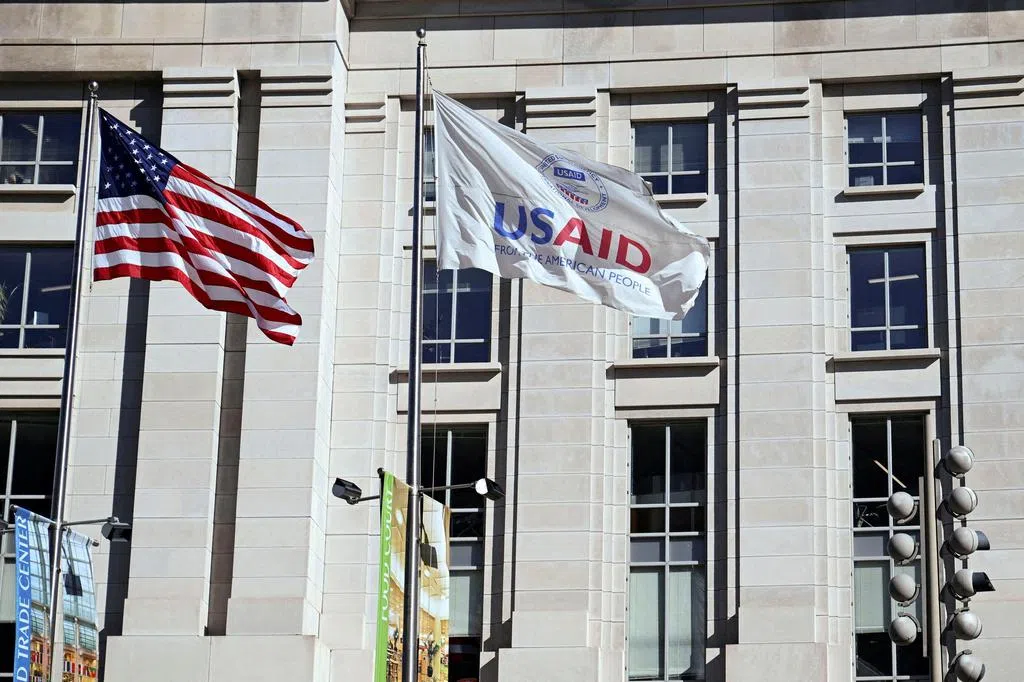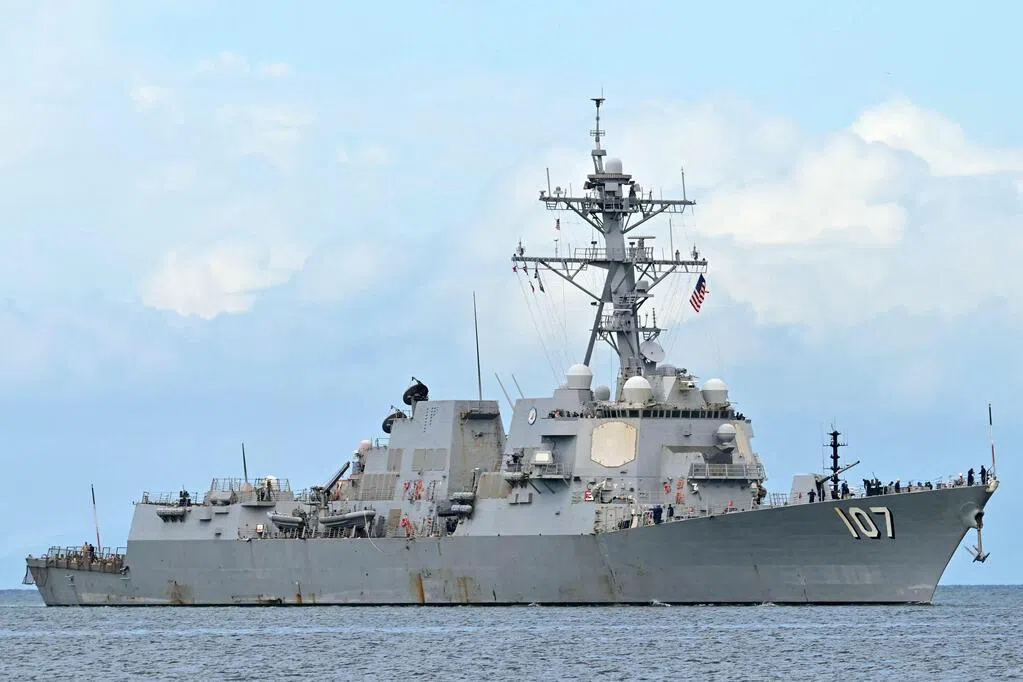US President Trump's visit to Asia this week, signing trade agreements with Malaysia, Thailand, Cambodia, and Vietnam, has brought clarity to the US tariff situation facing ASEAN countries.
US experts are optimistic that after overcoming this hurdle, economic and trade ties can be further deepened. However, Southeast Asian scholars believe that the regional countries were forced to reach these trade agreements and will inevitably seek to bypass the US and diversify their risks in other markets, thus hindering US-ASEAN economic and trade relations.
The 40th ASEAN Roundtable was held at the ISHA Institute of Southeast Asian Studies in Singapore on Friday (October 31). In the first forum, former US diplomat Daniel Kritenbrink, who spoke first, admitted that the Trump administration's foreign policy is more transactional and its tactics more unpredictable, but he believes that some fundamental aspects of the relationship remain unchanged.
“ASEAN remains crucial to the United States’ economic influence, supply chain resilience, and strategic interests, and the United States is equally indispensable to ASEAN’s continued growth, stability, and security. This interdependence is real and profound,” he said.
He added that while the reciprocal trade agreement reached between the United States and the four ASEAN countries still involves unresolved issues such as economic security, transshipment, and industry tariffs, “at least the reciprocal tariff rates have been largely finalized and appear to be under control. I feel a sense of relief throughout the region.”
Further Reading


Konda served as U.S. Ambassador to Vietnam during Trump's first presidency and later as Assistant Secretary of State for East Asian Affairs in the Biden administration. He is currently a partner at the strategic consulting firm The Asia Group.
Looking at the tariff negotiations between regional countries and Washington over the past six months, Konda points out that proactively engaging with the Trump administration, as with previous U.S. governments, is in their own best interest. "Being proactive and pragmatic, and offering achievable terms, provides an opportunity to continue cooperating with the United States," he says.
He says that while U.S. regimes may change, the core interests of each administration and the region will not change. The task for both sides "is to continue advancing cooperation based on shared interests, because a confident, globally connected ASEAN cooperating with a steadfast United States is the shortest path to a stable and open Indo-Pacific region."
Thitinan Pongsudhirak, a professor at the Faculty of Political Science at Chulalongkorn University in Thailand, sees a different picture. Looking ahead to future trade relations between ASEAN and the United States, Titinan stated bluntly that Trump's tariff policies, "using American prosperity as a weapon against the entire international system, deeply shock us in ASEAN."
Titinan cited Singapore's Senior Minister Lee Hsien Loong's earlier prediction of a new trade landscape of "temporarily reducing one aspect globally" (excluding the United States): "In the short term, we have no choice but to appease and accommodate Trump's demands… In the medium term, during the remainder of Trump's term, ASEAN will take more actions to circumvent the United States and mitigate the risks posed by his threats, trade demands, and unilateral protectionist measures."
He believes that ASEAN has sufficient influence to seek stronger cooperation with Global South countries, Gulf states, China, South America, Canada, and the European Union.
Konda: Regional Countries Will Not Automatically Turn to Beijing
During the Q&A session, Chung Wei Lun, a senior researcher at the ISA Institute of Southeast Asian Studies, questioned Konda's overly optimistic view, arguing that Trump's retaliatory tariffs pose a real threat to ASEAN's economy, and given the United States' absence from key regional economic frameworks, Southeast Asian countries must find alternative paths.
Chung Wei-lun also cited a recent survey by the Lee Kuan Yew School of Public Policy, pointing out that Southeast Asian countries, in their interactions with the US and China across various multilateral frameworks, have increasingly shifted their choices from the US to China in recent years.
In response, Konda stated that he does not currently believe Trump's trade policies will lead to complete US isolation, especially considering the long-standing relationship between the US and the region, and the US's fundamental interests in the region; the US will maintain its commitment to ASEAN.
Based on years of experience engaging with regional partners, Konda also believes that even in the worst-case scenario, regional countries will not automatically turn to Beijing. A more likely scenario is that each country will safeguard its own interests and seek alternatives to the US to balance its relations with China.
However, he promised to bring the views and warnings heard at the forum back to Washington.



